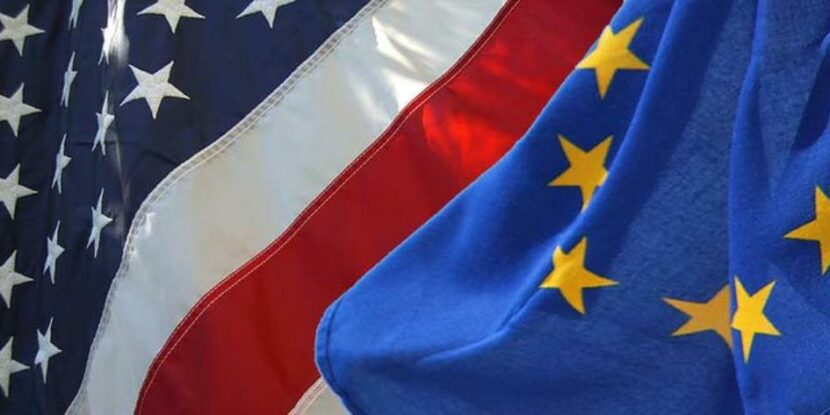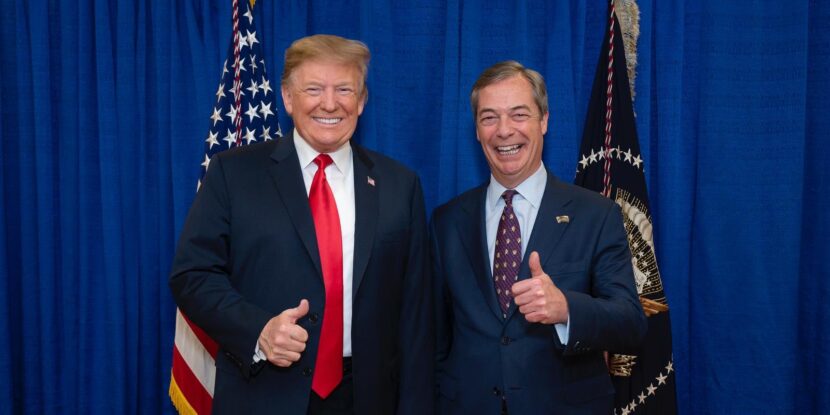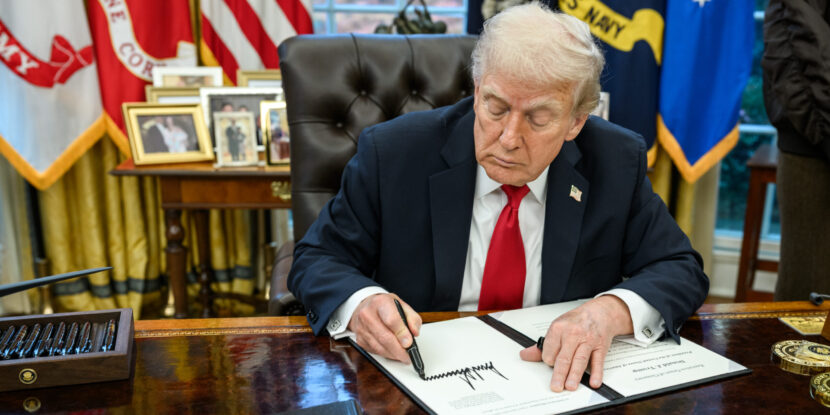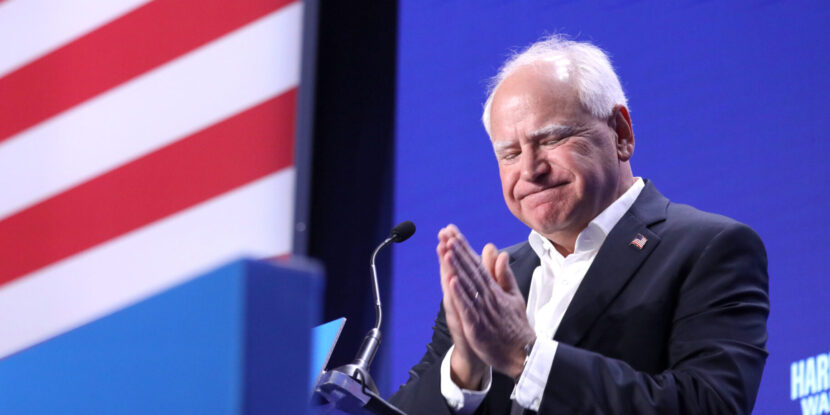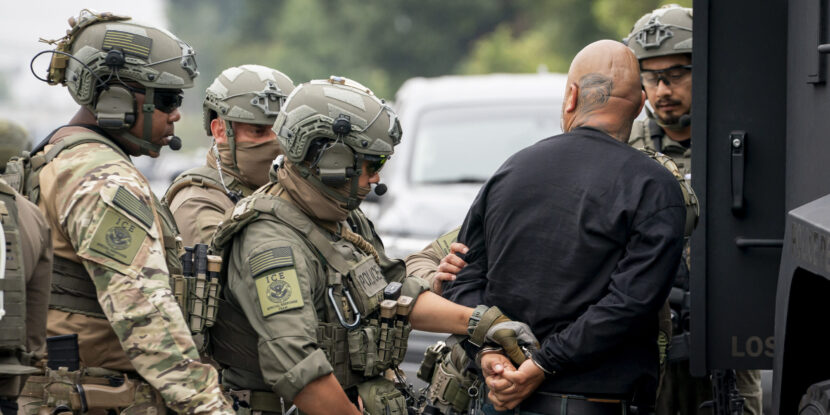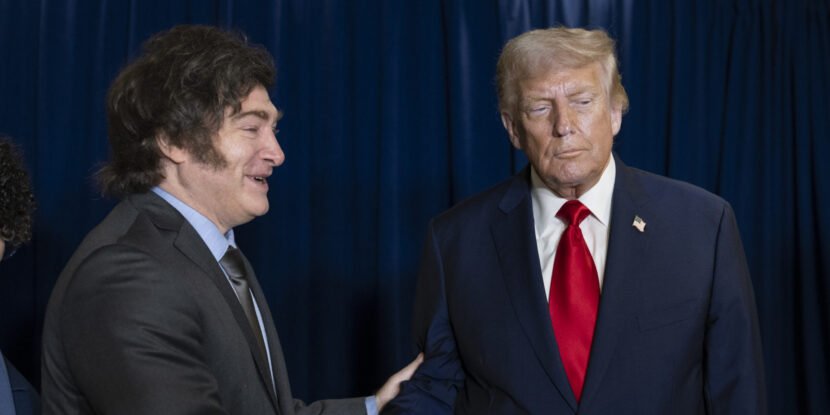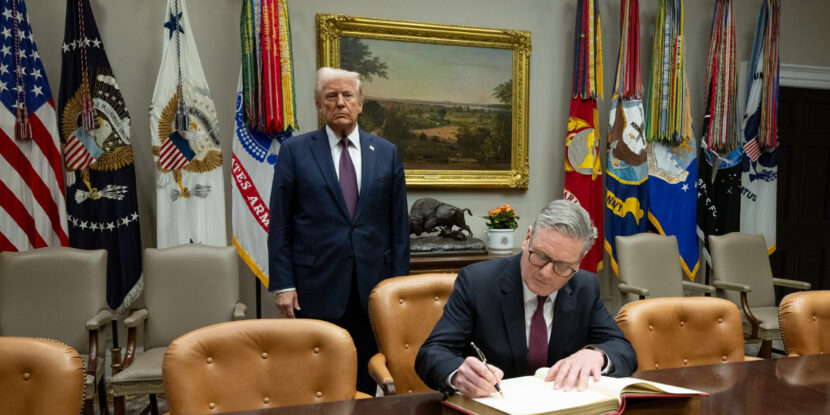❓WHAT HAPPENED: European leaders agreed to meet President Donald J. Trump’s five percent defense spending demand, with much of the funds going to U.S. arms, to ease trade tensions.
👤WHO WAS INVOLVED: President of the European Council António Costa, Donald Trump, German Chancellor Friedrich Merz, French President Emmanuel Macron, European Commission President Ursula von der Leyen, EU member states
📍WHEN & WHERE: NATO summit in Brussels, late June 2025
💬KEY QUOTE: “Of course, a large part of this 5% will be spent for sure buying American, and it helps to rebalance the trade relations.” – António Costa
🎯IMPACT: The defense pledge could avert a trade war, but has triggered internal EU disputes over debt, subsidies, and where defense money should go.
Europe’s need to meet President Donald J. Trump’s defense spending demands is being used as a bargaining chip to de-escalate a looming trade war with the U.S., according to European Council chief António Costa. The newly adopted five percent of GDP military expenditure goal—up from two percent, which most European NATO members were already failing to meet—will reportedly funnel billions toward the U.S. defense industry, helping rebalance the long-standing goods-trade deficit.
“This agreement in NATO paved the way to have an agreement as soon as possible on trade,” Costa said. Trump has threatened to jack up tariffs on EU imports to 50 percent unless a deal is secured by July 9. The U.S. currently runs a $236 billion goods-trade deficit with the European Union—an imbalance Trump frequently highlights in speeches.
The EU has attempted to calm tensions by proposing reduced tariffs on U.S. products and easing regulatory barriers. German Chancellor Friedrich Merz is pressuring Brussels to strike a deal quickly, citing the need for relief for key sectors like automotive manufacturing. But there’s no consensus on what concessions the EU will make—or how much defense cash should stay within Europe.
French President Emmanuel Macron has taken a protectionist line, insisting that increased military outlays must benefit European industries. Costa, in contrast, suggests appeasing the Trump administration by buying American may be necessary. Meanwhile, the EU is loosening fiscal rules and creating a new €150 billion ($176B) defense fund to help member states keep up with NATO expectations.
Debate is raging among member states over how the defense pot should be spent. Wealthier nations like Germany and the Netherlands balk at the idea of subsidizing poorer, debt-laden members like Italy and Greece. The question of EU-wide defense grants will be revisited at an October summit, after leaders papered over divisions in Brussels last week.
Join Pulse+ to comment below, and receive exclusive e-mail analyses.
